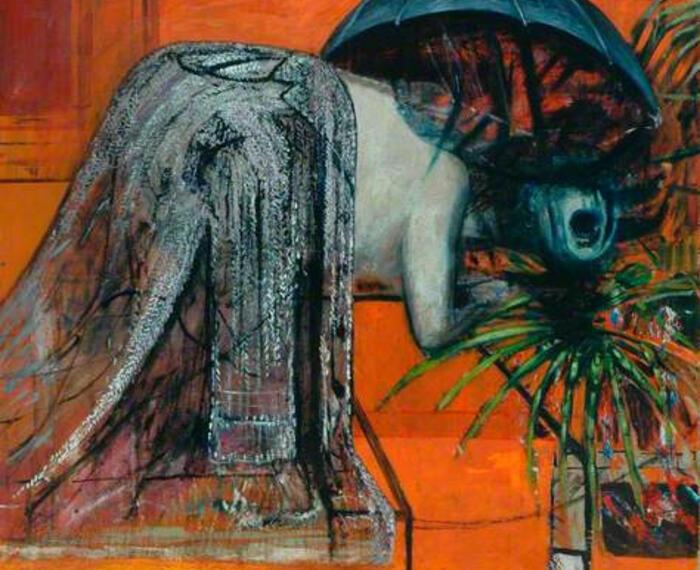

This week, under strict social distancing, CAS Director Caroline Douglas cycled up to Stoke Newington to visit one of the UK’s leading ceramicists, Alison Britton OBE, in her studio. A former butcher’s shop, Alison converted the space in 1986 and has been there ever since. In this film, the artist takes us through her working process, early mentors and taking advantage of the crisis to spend more time in the studio.
"In many people's minds there's a split between skill and ideas that is comparable to the split between craft and art. Furthermore, they think that skill belongs to craft and ideas belong to art. And tradition belongs to skill and craft, and innovation belongs to ideas and art. To sustain these notions you need to be thinking of skill as a manual thing, the gnarled and noble hand. But in reality the manual and the mental are seamlessly combined in the operation of skill, whether you are ploughing a field or painting the Sistine Chapel. The basic demand, of course, is excellence, doing it well. Thinking is a skill too that some people have more than others. Seeing may also be a skill - certainly it can be developed and tuned up. Judging when to stop making something is one of the greatest skills the artist or craftsperson needs to possess. All kinds of awareness of life and society and appropriateness are part of the bag of skills that the artist needs, as well as the astute correlation of hand and eye.
Nobody, not even someone who retreats into idyllic isolation, can carry on a serious working and producing life in a vacuum. Acquiring the practical skills to achieve the chosen ends is usually fairly straightforward, though in the case of something like glass-blowing, it will be long drawn out. But acquiring the sense of purpose, the discovery of what is viable and worth making, the current and changing situation, is the hard part. In this pursuit the cerebral skills and the outward eye on the world, general awareness and nous, are the useful things to have. Some makers miss this point, get bogged down in practicalities, techniques and recipes, and seduced by what was traditionally useful. But what I would define as our main responsibility is the skilful achievement of relevance."
Quoting from "The Manipulation of Skill on the Outer Limits of Function" in Alison Britton 'Seeing Things', publ Occasional Papers 2013, p.91